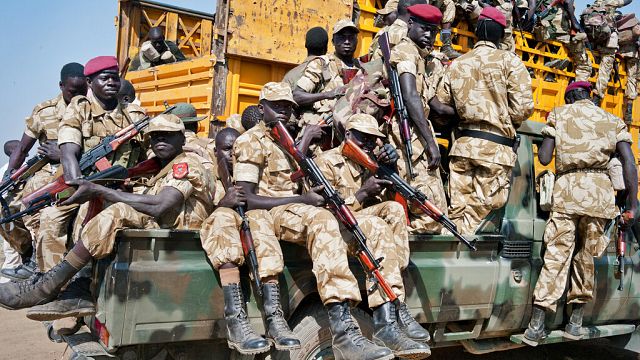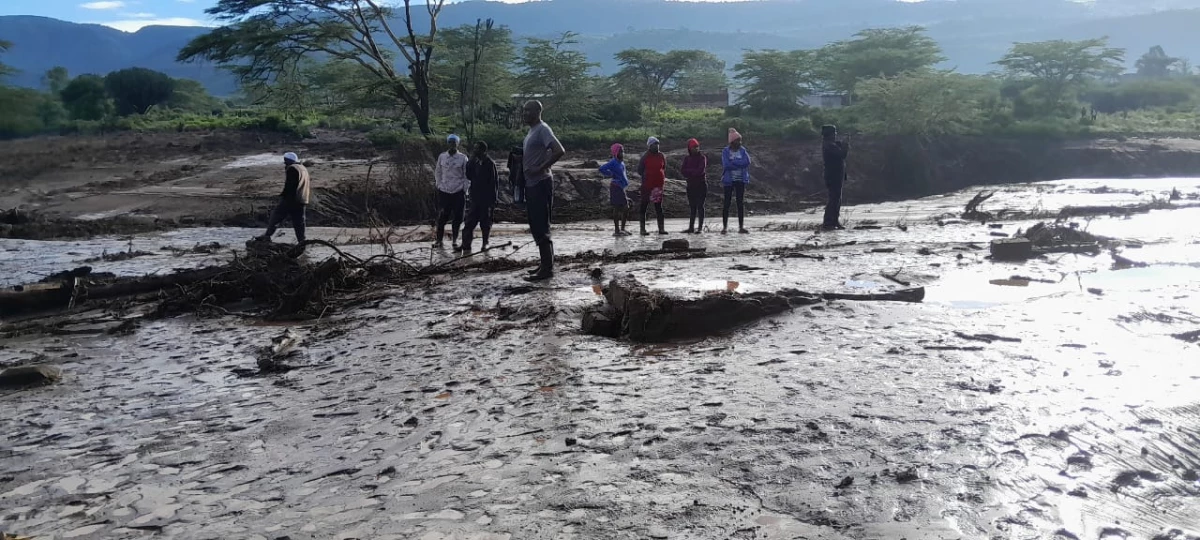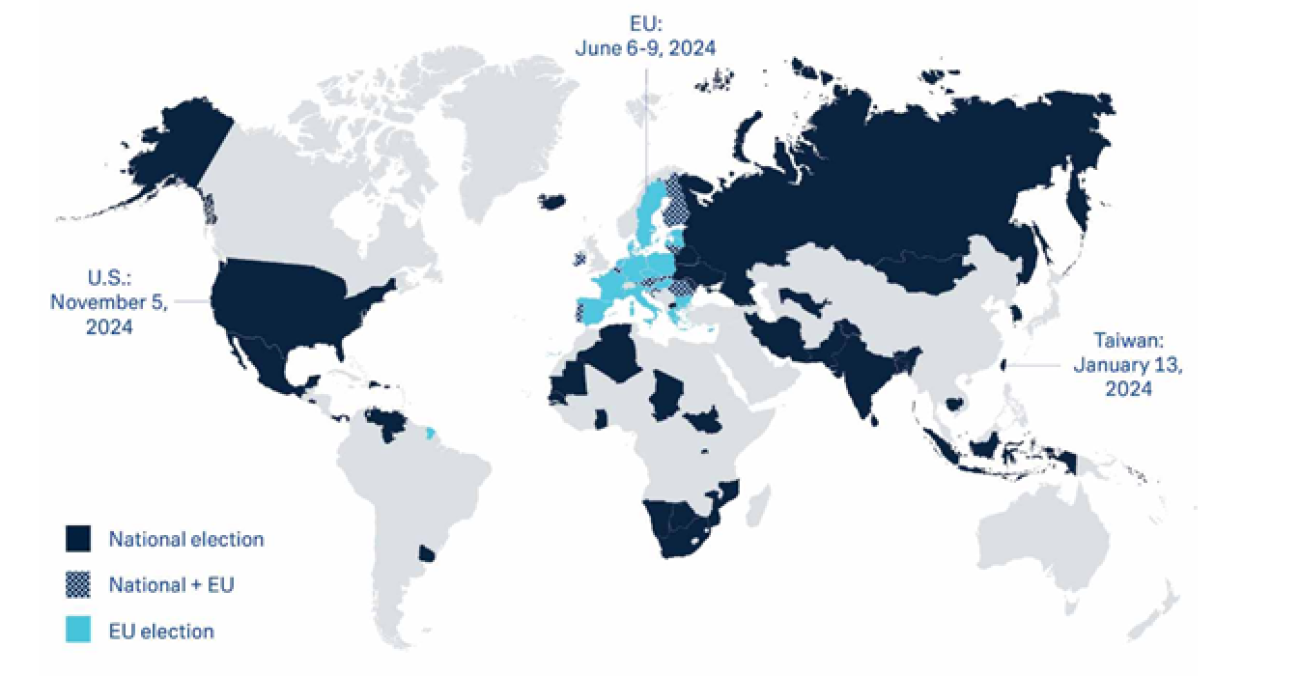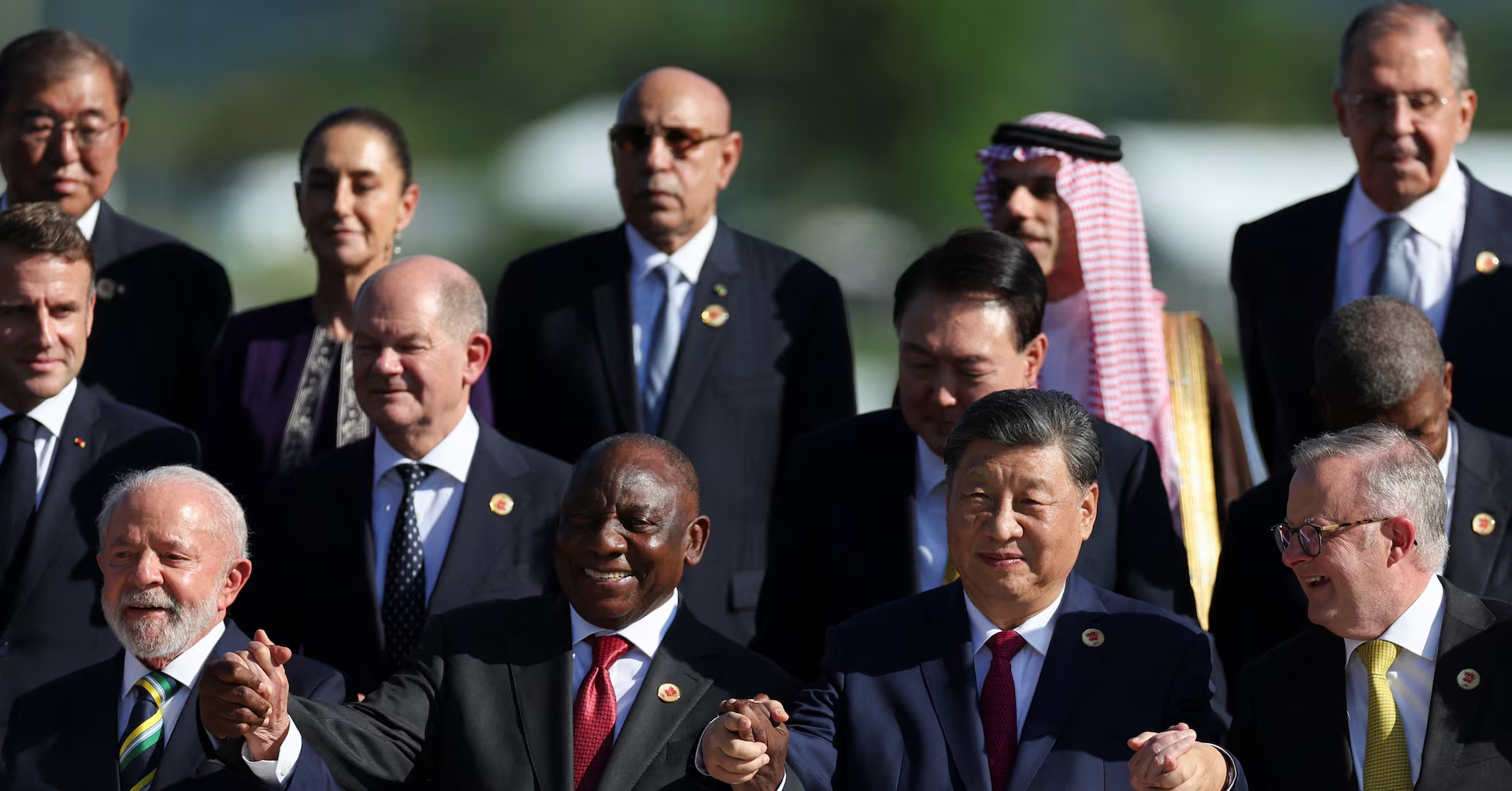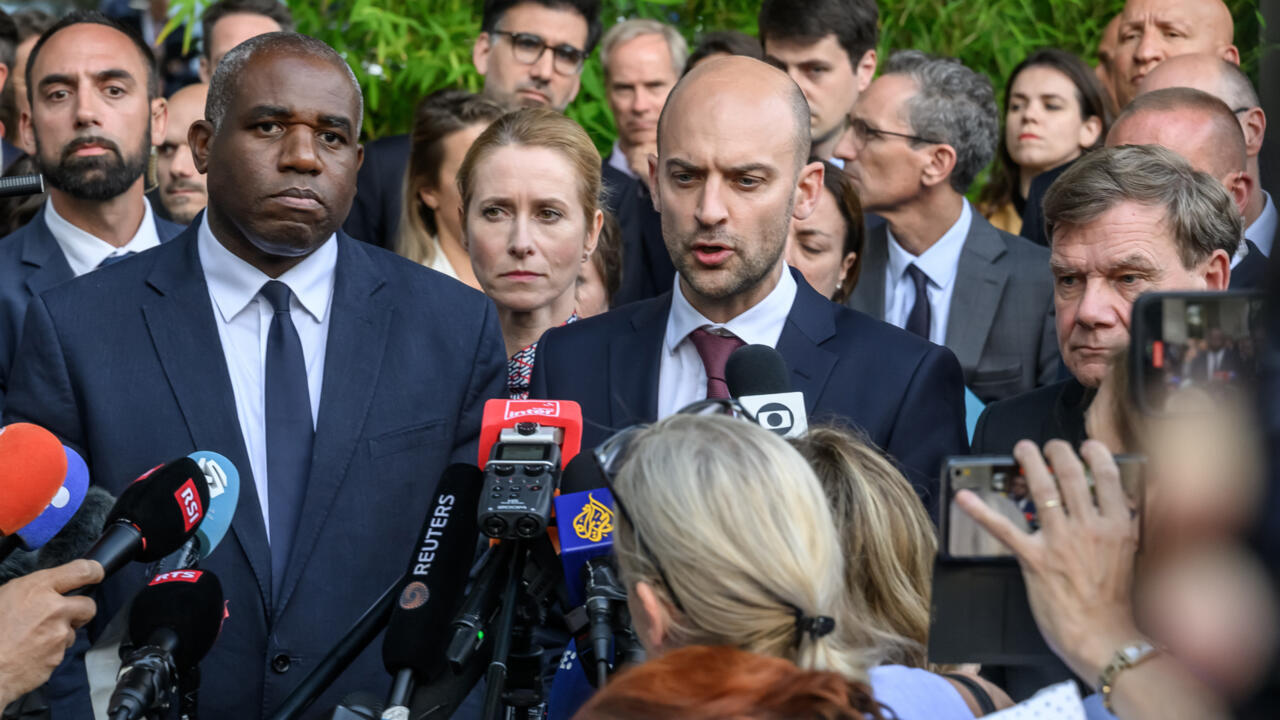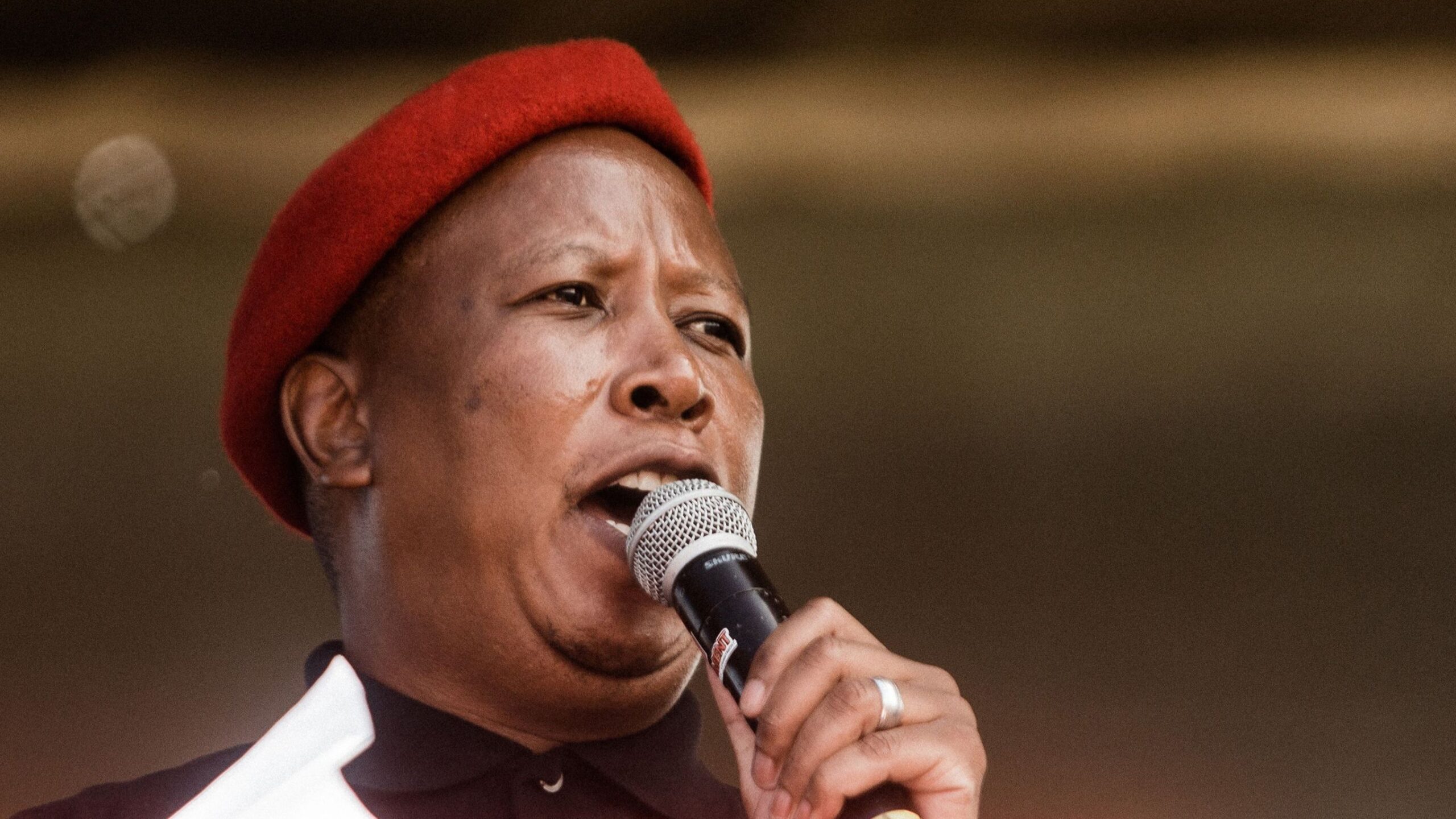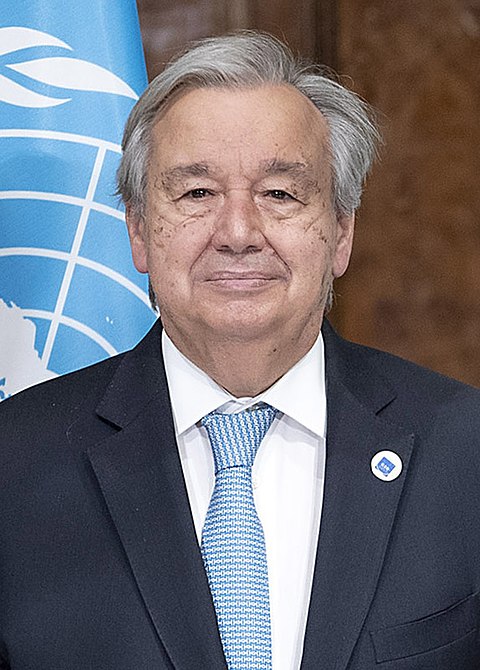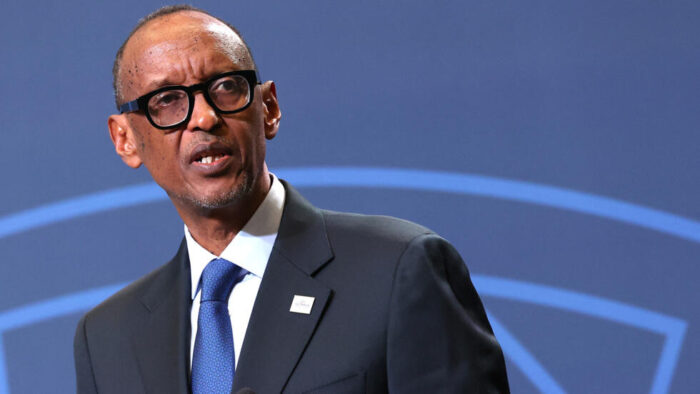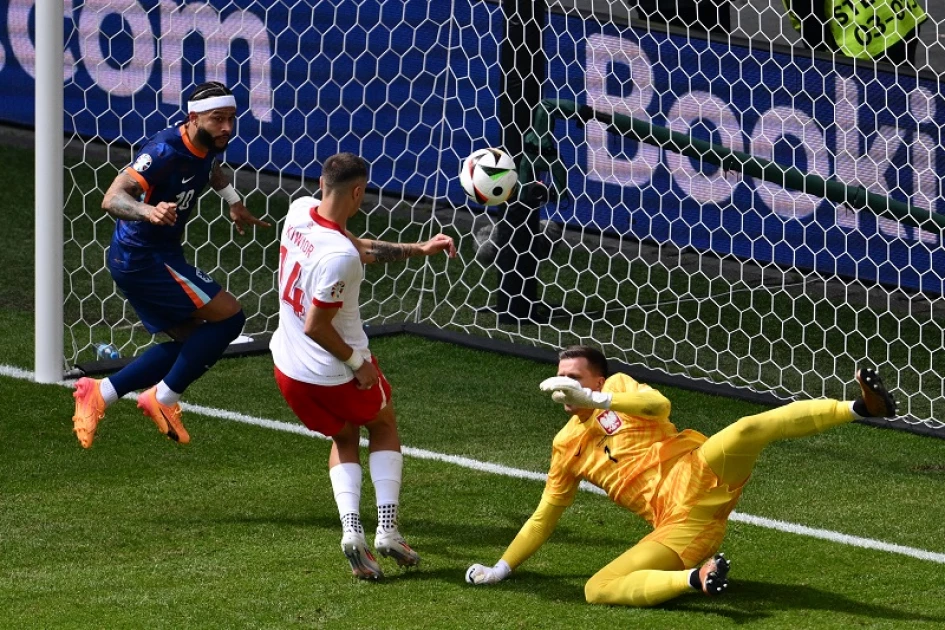2024 has emerged as a year defined by intense geopolitical volatility, with significant global implications. From ongoing conflicts to rising tensions between major powers and a busy global electoral cycle, this period is marked by instability and uncertainty. These geopolitical dynamics are not just shaping the political landscape but also having profound economic, social, and environmental impacts across the world.
Ongoing Conflicts and Regional Instability
Conflict continues to be a driving force behind geopolitical instability in 2024. The war in Ukraine remains one of the most prominent global crises, as the conflict between Ukraine and Russia drags on, with no resolution in sight. The war has had far-reaching consequences beyond Europe, especially in energy markets, where disruptions to oil and gas supplies have led to higher prices and increased volatility. Europe, in particular, has struggled to secure alternative energy sources, further complicating its economic recovery.
In the Middle East, tensions between Iran and its regional rivals, including Israel and Saudi Arabia, are escalating. The situation is exacerbated by Iran’s ongoing uranium enrichment program, raising concerns over the potential for a broader regional conflict. The risks of military escalation and disruptions to critical trade routes, such as the Strait of Hormuz and the Suez Canal, have heightened fears of global economic fallout.
Great Power Competition: The Return of a Cold War Mentality?
The resurgence of great-power competition is another defining feature of the current geopolitical environment. Relations between the United States, China, and Russia are increasingly adversarial, with each country pursuing policies that reflect a return to Cold War-style rivalry. This has manifested in various ways, including military posturing, economic sanctions, and diplomatic standoffs.
China’s growing assertiveness in the Asia-Pacific region, particularly in the South China Sea, has raised alarms among its neighbors and the international community. The U.S. has responded with increased military presence in the region and bolstered alliances with countries like Japan, Australia, and the Philippines. This escalating competition between the world’s two largest economies is contributing to a broader shift in global alliances and trade relationships.
Global Elections: A Year of Political Shifts
2024 is also a critical year for global elections, with more than 70 countries heading to the polls. These elections, occurring in major nations such as the United States, India, Brazil, and Indonesia, have the potential to reshape global politics. Many of these elections are expected to be highly polarized, with divisive rhetoric and populist movements gaining traction.
In the United States, the 2024 presidential election is particularly significant, as it will determine the country’s future direction on issues such as climate change, trade, and foreign policy. Meanwhile, in other regions, such as Latin America and Southeast Asia, elections are likely to influence regional stability and economic policies
The Economic Impact of Geopolitical Instability
The economic consequences of geopolitical volatility are profound. Trade disruptions, fluctuating commodity prices, and uncertainty over foreign investment are just some of the challenges that businesses and governments face. The IMF has warned that prolonged geopolitical tensions could dampen global economic growth, particularly in regions heavily dependent on international trade(
IMF).
Furthermore, protectionist policies are becoming more common, as countries prioritize domestic industries in response to global uncertainties. This shift toward economic nationalism is disrupting supply chains and increasing the potential for trade conflicts, further complicating the global economic outlook.
Preparing for an Uncertain Future
As the world grapples with these geopolitical challenges, it is clear that adaptability and resilience will be key to navigating the uncertainty. Governments, businesses, and international organizations must work together to mitigate risks, foster stability, and build more resilient economies and societies.
In an increasingly volatile world, the ability to anticipate and respond to geopolitical shifts will be crucial in determining the future of global peace and prosperity.



